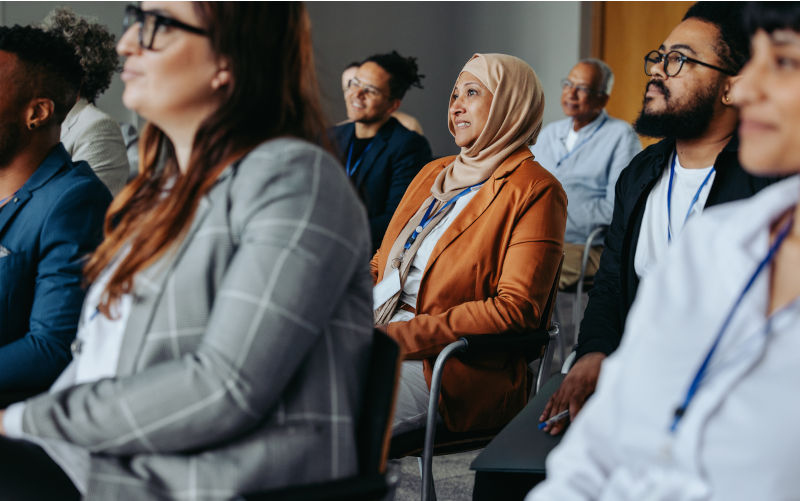The pearling past and the multicultural present: A story of connection and contribution
November 3, 2025
In the late 1990s, during a field study in Wyndham, a remote town in Western Australia, I met a small tourism operator whose story has stayed with me ever since.
I was studying successful regional small tourism ventures and wanted to highlight successful tourism businesses from the First Nations communities.
After a productive discussion, I asked the owner if she had any Malaysian connections – her accent hinted at it. She smiled and said her great-grandfather had come from Malaysia to work in the pearling industry and had married her great-grandmother, a First Nations woman. He stayed, raised a family and built a life in Australia.
That brief encounter revealed something profound: early Muslim migrants were not just visitors to Australia’s shores; they were bridge-builders – forming families, industries, and communities that remain part of our shared story.
Muslims in Australia’s early economy
Long before Federation, migrants, including Muslims, were helping to shape Australia’s economy and identity. In Broome, skilled divers from Malaysia, Indonesia and the wider Malay Archipelago were central to the pearling industry. These early migrants brought skill, endurance and enterprise, helping northern Australia thrive.
Likewise, the Afghan cameleers of the 1860s carved transport routes through the harsh interior, opening up trade and communication across the continent. Their labour literally connected Australia’s inland towns to its coasts.
Muslim settlers also intermarried with First Nations peoples and Asian migrants, creating multicultural families long before the term “multiculturalism” existed. Mosques in Broken Hill and Marree remain as living testaments to their faith, resilience, and contribution.
Early Muslims were not outsiders; they were nation-builders.
A lesson for today
It is disheartening to hear some politicians and commentators today blame migrants for taking jobs, driving up housing prices, or straining services. The evidence tells a different story.
Migrants create jobs, build houses and fill critical skills shortages – particularly in healthcare, aged care, construction and technology. Without them, regional towns would struggle to survive, hospitals would face chronic understaffing and key services would falter.
Migrants do not burden Australia – they sustain it, energise it and make it stronger.
The tourism operator’s story in Wyndham symbolises this truth. Her great-grandfather’s contribution to the pearling industry laid the foundations for a family and a community that reflect the best of Australia’s diversity – co-operation, connection, and contribution.
Economic and social builders
Migration has always been part of Australia’s economic lifeblood. Early Muslim settlers contributed through trade and enterprise; today’s migrants continue that tradition through innovation, small business creation and community leadership.
Across industries, migrants are not taking opportunities – they are creating them. Their entrepreneurship fuels growth, sustains essential services and generates employment for Australians of all backgrounds.
Beyond economics, migrants strengthen our social fabric. Through intermarriage, civic participation and volunteerism, they build bridges of understanding and foster unity across diverse communities.
Diversity is not a challenge to manage – it is a strength to celebrate.
Why it matters
From the pearl divers of Broome to the cameleers of the outback, from the early mosques to modern community centres, the Muslim story is inseparable from Australia’s national story.
Australia’s success rests on its ability to harness the energy, skills and creativity of all its people. Early Muslims lived that principle through their toil and trade; today’s migrants continue it in our hospitals, schools, farms, and small businesses.
They are not here to replace anyone – they are here to build, contribute, and belong.
Conclusion
Recognising the contributions of early Muslims and contemporary migrants strengthens our sense of national identity and social cohesion. It honours those who came before and inspires future generations to build an inclusive, confident and compassionate Australia.
History is not distant; it lives on in our families, workplaces and communities. To ignore it is to undervalue the foundations of our economy and multicultural success.
Migrants are not a burden. They are an asset – past, present and future.
Celebrating this truth is not just about acknowledging the past; it’s about shaping the kind of nation we aspire to be – one that values diversity, fairness, and shared prosperity.
The views expressed in this article may or may not reflect those of Pearls and Irritations.

